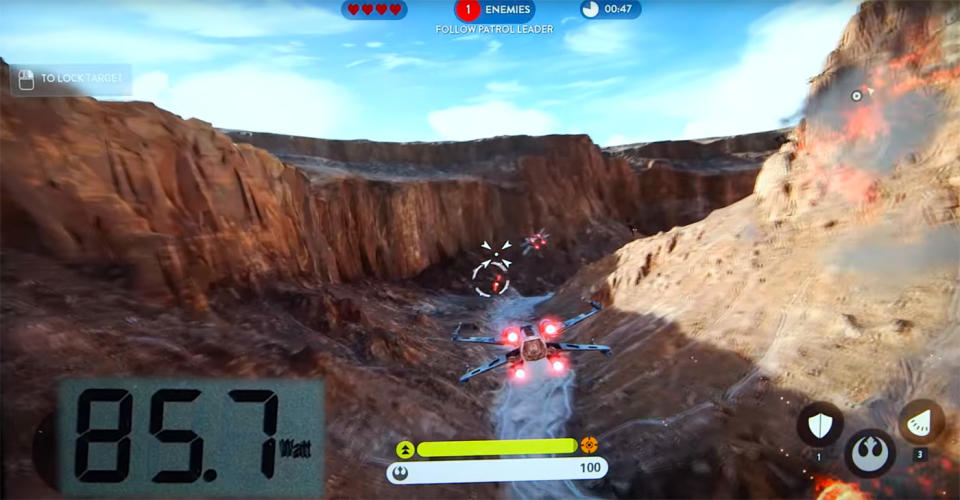AMD's new graphics core is built for laptop gaming
Polaris could make ultraportable gaming a practical reality.

For all the talk of fast graphics in thin laptops, the technology isn't quite there yet. You typically have to choose between a bulky gaming machine and a thin system with pokey low-end video. AMD thinks it might have the cure, however. It just offered a peek at a new graphics architecture, Polaris, that promises gaming-grade performance without the power draw. In Star Wars Battlefront, one of AMD's future chipsets is 61 percent more energy-efficient than a GeForce GTX 950 with similar performance -- in the mobile world, that could make the difference between a slim portable and a big desktop replacement. Even if AMD is cherry-picking the results, this could still lead to speedier visual in laptops and any other small PCs where heat and power are problems.
The main trick is a 14-nanometer FinFET design that lets AMD stuff more transistors into the same space. There are numerous extra upgrades under the hood, though, including improved memory use. Also, AMD is matching NVIDIA with support for newer tech like HDMI 2.0a (for HDR video) and 4K-friendly HEVC video.
The first Polaris-based graphics are due in the second quarter of the year, so you won't have too long to wait. However, AMD is in a race against time here. NVIDIA is due to release Pascal, its own extra-efficient graphics architecture, around the same period. If Polaris isn't a bigger technological leap, AMD is right back where it started... and you'll still be more likely to find an NVIDIA graphics chip in your next PC.
